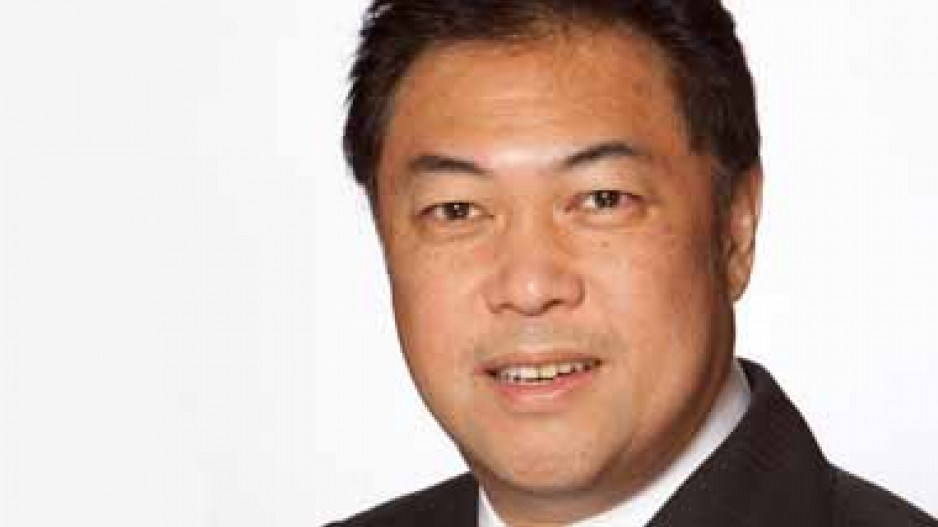The City of Vancouver is embarking on a controversial affordable housing initiative that provides developers with a free long-term lease on city land if they build residences to house the working poor, low-income families and debt-weary students at below-market rents.
Developers have until September 18 to submit proposals to design, build and operate 500 below-market rental housing units by 2015 on six city sites – most of which are clustered on Marine Drive south of the Fraserview Golf Course. Making the "More Homes, More Affordability" initiative even more controversial is the city's decision to put out a request for proposals without first getting council approval, Non-Partisan Association councillor George Affleck told Business in Vancouver.
"We rely on land ownership in this city to keep us prosperous," Affleck said.
"If we start giving [long-term land leases] away or putting in developments that are not at the level of benefit that they should be or that are not beneficial for the city as a whole, it worries me."
He then pointed to what he considers another recent city giveaway to a developer: the waiving of development cost levies (DCLs) and community amenity contributions (CACS) at Westbank Development Corp.'s market-rental project at 1401 Comox Street. In July, the Aquilini Group was also given a $35 million break on CACs at its rental apartment project near Rogers Arena.
Vision Vancouver councillor Kerry Jang was quick to defend the city's latest affordable housing initiative.
He said that council had the authority to act because of various votes – some of which were in camera.
He broke down the city's affordable housing initiatives into three categories:
•supportive housing at 14 sites for those who are recovering from addictions or have mental health issues;
•social housing that is mostly for people who are on welfare, get a rent subsidy from the provincial government and need subsidized housing to get back on their feet; and
•More Homes, More Affordability housing that is for people who are working yet not settled in life and unable to pay market rents in Vancouver.
•Without the new affordable housing option, Jang said, "people are forced to live way out somewhere and commute in from Surrey or somewhere like that in order to work."
Jang said the idea is that the developers who win bids for the projects would partner with non-profit organizations that would manage the housing and determine which modest-income workers are eligible to live in the project and pay below-market rent.
"The city retains [ownership of] the land so there is no risk to the city," he said.
"The land is currently not being used. That's why it was put up. The land has been sitting fallow."
But Affleck questioned why the city is not attempting to squeeze more financial reward out of its land assets.
"Are you telling me that developers are going to build the housing out of the goodness of their heart and not make any money out of these buildings?" he asked.
"I highly doubt it. So, we're forsaking that profit to the developers."
Jang laughed at the idea that the city would want to get involved in developing housing given the financial hit that it is taking on the former Olympic Village site, where it guaranteed loans.




